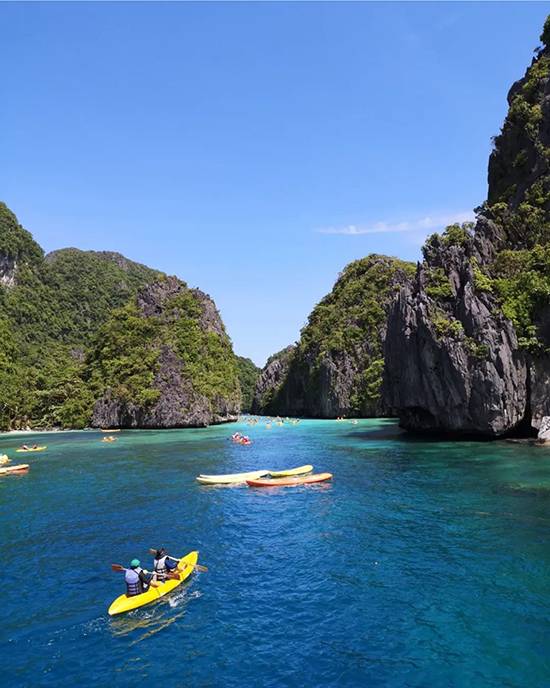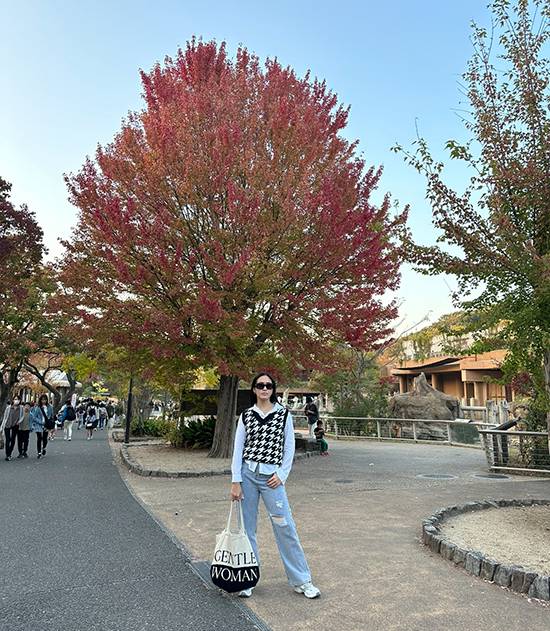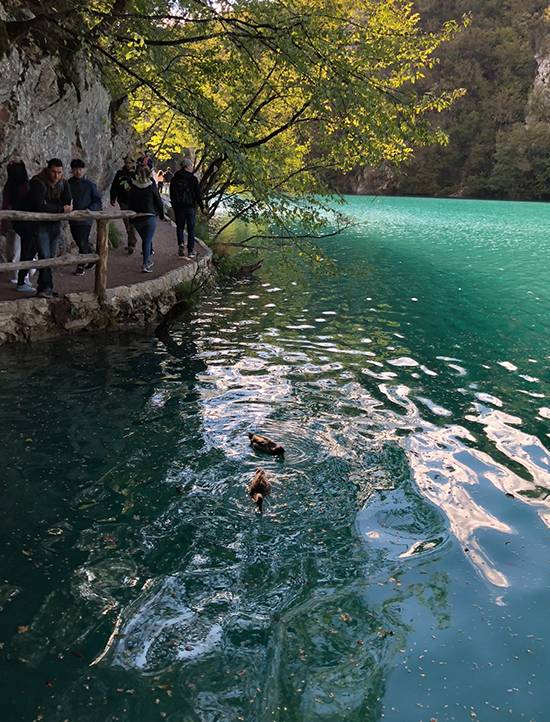How nature connectedness can boost mental health
Nature therapy and ecotherapy are becoming buzzwords for those who delightfully discover the beauty of nature and how it affects them positively.
Of course, related topics such as camping, hiking, trekking, glamping, camper vanning, and mountaineering are even more popular because many who passionately do them do not realize the benefits until the last minute.
The American Psychological Association (APA), the leading scientific and professional organization representing psychology in the United States composed of 157,000 researchers and educators, featured the topic several times on their website.

“Ecotherapy is gaining traction as a means to help people tap into nature’s therapeutic powers. The term covers a range of interventions, not all of which are evidence-based. But some psychologists are working to ground such science programs,” said Dr. Ryan Reese, who with his colleagues developed EcoWellness, “defined as respect, appreciation, and awe of nature resulting in feeling connected and experiencing wellness.”
Promoting a connection with nature is a welcome change as more and more get sucked into eight to 10 hours of screen time a day. Nature connectedness can improve attention, lower stress, improve mood, reduce risk of psychiatric disorders, and increase empathy and cooperation.
Many psychologists are also increasingly interested in walking therapy. Clients walk outside for fresh air and exercise during therapy sessions. Dr. C. Vaile Wright, director of research and special projects in APA’s Practice Directorate, said that more research is needed but the technique is promising.

Promoting a connection with nature is a welcome change as more and more get sucked into eight to 10 hours of screen time a day. That means spending a lot of time on a couch, in bed, or on a desk—away from the outdoors and the sun.
A quiet stroll in the neighborhood park or hiking to scale the next mountain on your bucket list provides exposure to nature that brings about many benefits. Research has linked nature connectedness to improved attention, lower stress, better mood, reduced risk of psychiatric disorders, and increased empathy and cooperation.
While most research is focused on green spaces, researchers are now also beginning to study the benefits of blue spaces or those with river and ocean views. Some believe that blue spaces may even be more restorative than green spaces.

Psychologist Dr. Lisa Nisbet of Trent University in Canada said that “there is mounting evidence, from dozens and dozens of researchers, that nature has benefits for both physical and psychological human wellbeing.”
“You can boost your mood just by walking in nature, even in urban nature. And the sense of connection you have with the natural world seems to contribute to happiness even when you’re not physically immersed in nature,” she added.
University of Chicago psychologist Dr. Marc Berman and his student Kathryn Schertz explored in a 2019 review the correlation between interacting with nature and cognitive benefits. They reported that green spaces near schools promote cognitive development in children.

“Green views near children’s homes promote self-control behaviors. Adults in neighborhoods with more green space showed better attentional functions. Those exposed to natural environments have improved working memory, cognitive flexibility and attentional control.”
“In a review of the research,” it continues, “Gregory Bratman, Ph.D., an assistant professor at the University of Washington, and colleagues shared evidence that contact with nature is associated with increases in happiness, subjective well-being, positive affect, positive social interactions, and a sense of meaning and purpose in life, as well as decreases mental distress.”
In Denmark, a total of 900,000 residents born between 1985 and 2003 were studied. They concluded “that children who lived in neighborhoods with more green space had a reduced risk of many psychiatric disorders later in life, including depression, mood disorders, schizophrenia, eating disorders, and substance use disorders.”

How much nature exposure does one need to get the multitude of benefits? In a UK study of nearly 20,000 adults, it was found “that people who spent at least two recreational hours in nature during the previous week reported significantly greater health and well-being. That pattern held across subgroups including older adults and people with chronic health problems, and the effects were the same whether they got their dose of nature in a single 120-minute session or spread out throughout the week.”
John Zelenski, Ph.D., a professor of psychology at Carleton University in Ontario and Nisbet studied whether connection itself creates happiness. They looked at which matters most—the connectedness with nature or a general sense of connectedness, like feeling in tune with one’s friends or community. They found that feeling connected to nature was a more significant predictor of happiness.
“Spending time in nature is linked to both cognitive benefits and improvements in mood, mental health, and emotional well-being. Feeling connected to nature can produce similar benefits to well-being, regardless of how much time one spends outdoors. Both green spaces and blue spaces (aquatic environments) produce well-being benefits. More remote and biodiverse spaces may be particularly helpful, though even urban parks and trees can lead to positive outcomes.”


